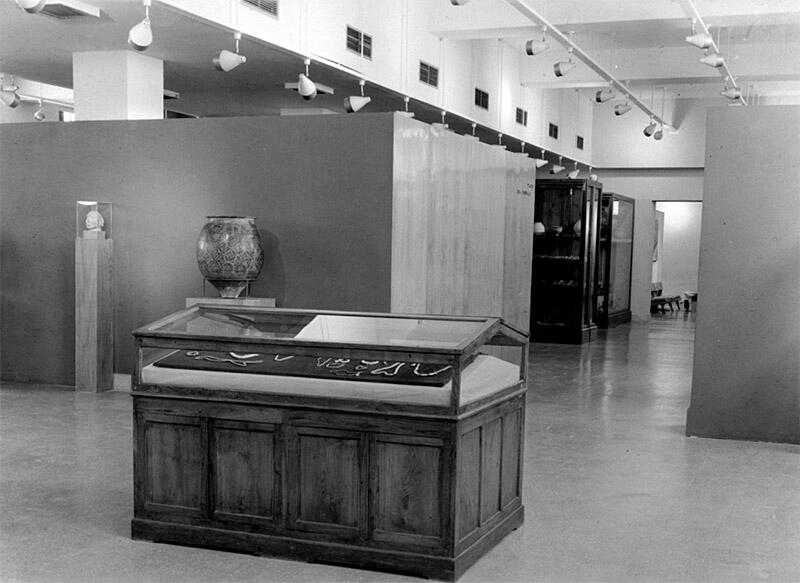"British scholarship of Indian history during the colonial period produced an essentialist construct of an Indian cultural tradition that was deemed unchanged since antiquity and recoverable through archaeological excavations" (p. 31) writes the author, a Professor of History at Shiv Nadar University. She goes on to analyze how this scholarship and its framework on "the deep antiquity of India's civilizational ethos guides the nationalist discourse of Indian heritage" (p. 31). This is a broad and expansive paper that looks at the National Museum in Delhi's founding in 1949, the first international exhibition of The Art of India and Pakistan in London that year, the relationship to museums in princely states (who were hesitant to share their objects). It covers the division of the ancient Indus collection between India and Pakistan and the famous "split necklace." Among the first museums developed in India discussed are the Bihar Museum, and galleries like the Harappa Gallery at the National Museum.
An insightful look that helps frame issues of how we think of objects and archaeological history in new national frameworks, and how perspectives on history are framed by an ever-changing present.
Dr. Guha's paper is also the subject of her keynote address at Heritage, Decolonisation and the Field: A Conference in London in 2018.
Image: View of the display of the founding collections of the Indus Civilization of the National Museum, 1960–61. Courtesy of National Museum, New Delhi.

